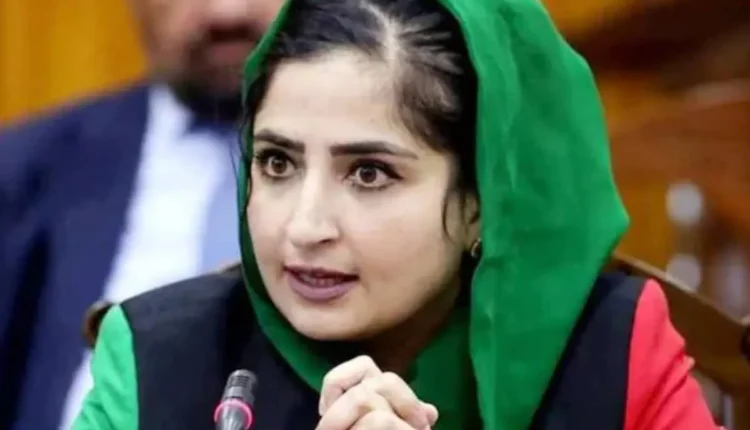In a country where history and culture have often suppressed women’s voices, one woman rose to break barriers, defy oppression, and shine a light on the potential for equality and justice. Her name is Anarkali Kaur Honaryar, a Sikh Afghan politician, women’s rights activist, dentist, and medical doctor. Anarkali Kaur Honaryar’s remarkable journey from a persecuted minority to becoming Afghanistan’s first non-Muslim female member of the National Assembly is nothing short of inspirational.
Honaryar’s life story is one of immense courage and resilience. In a nation where only about 30,000 Sikhs and Hindus remain, she stands as a beacon of hope, not just for her community but for all Afghans striving for justice, equality, and human dignity.
Breaking Boundaries in Afghanistan’s Political Landscape
Anarkali Kaur Honaryar’s career is defined by her ability to rise above the constraints imposed by gender, religion, and societal norms. Her journey into politics began after the fall of the Taliban regime in 2001, a pivotal moment in Afghanistan’s history.
After completing her medical studies at Kabul University, she participated in the Loya Jirga—a grand council that laid the foundation for Afghanistan’s interim government. Her contributions to shaping the Afghan Constitution demonstrated her unwavering dedication to building a better future for her country.
In 2010, when her father encouraged her to run for office, Honaryar did not hesitate. She successfully became a member of the Meshrano Jirga, Afghanistan’s upper house of parliament, and in doing so, became the first non-Muslim woman to achieve such a milestone.
Her victory signaled a shift in Afghanistan’s political climate, showcasing that leadership transcends religious identity. For nearly a decade, she was a powerful voice for women’s rights and human dignity, working relentlessly to change policies and improve the lives of countless Afghans.
Championing Women’s Rights and Equality
Beyond her political achievements, Anarkali Kaur Honaryar is a champion for women’s rights. Her activism took root during her time with the Afghanistan Independent Human Rights Commission, where she advocated for women and families in conflict with the law. Honaryar’s commitment to fighting against domestic abuse, forced marriages, and gender discrimination earned her international recognition.
In 2011, she was awarded the prestigious UNESCO-Madanjeet Singh Prize for the Promotion of Tolerance and Non-Violence. Honaryar’s dedication to promoting the ideals of human dignity and respect has made her a global figure for tolerance in an environment often fraught with violence and injustice.
Honaryar’s impact was not just limited to Afghanistan; her message resonated far beyond its borders. She worked tirelessly with Presidents Hamid Karzai and Ashraf Ghani to promote education and equality for women across the country. Through her advocacy, she helped countless women break free from the shackles of abuse and subjugation, paving the way for a brighter future.
The Tragic Fall of Kabul and the Uncertainty of Tomorrow
Anarkali Kaur Honaryar’s career, however, took an unexpected turn with the tragic fall of Kabul to the Taliban in August 2021. As the Taliban captured Afghanistan’s capital city, Honaryar’s world was turned upside down. Despite her resolve to stay and fight for her country, the situation deteriorated rapidly. Like many others, she had hoped that the international community would intervene and provide support. But when Afghan President Ashraf Ghani fled the country, hope faded.
Honaryar’s accounts of the fall of Kabul are heart-wrenching. Anarkali Kaur Honaryar recalls the chaos and terror that engulfed the streets—people running, gunfire echoing through the city, and families desperately trying to flee. Her own family, who had lived in Afghanistan for generations, was forced to leave everything behind. Taliban fighters were entering homes, and her friends were being harassed and threatened. The realization that staying was no longer an option hit hard.
On August 22, 2021, Anarkali Kaur Honaryar, along with her parents, was among the hundreds evacuated by Indian forces. They were airlifted to safety, leaving behind a country they had dedicated their lives to serving. Though physically safe, Honaryar was left with uncertainty, heartbreak, and the haunting question of whether she would ever see her homeland again.
Also Read:Roger Alan Kerr: An Icon of Australian Rules Football and Mentorship

